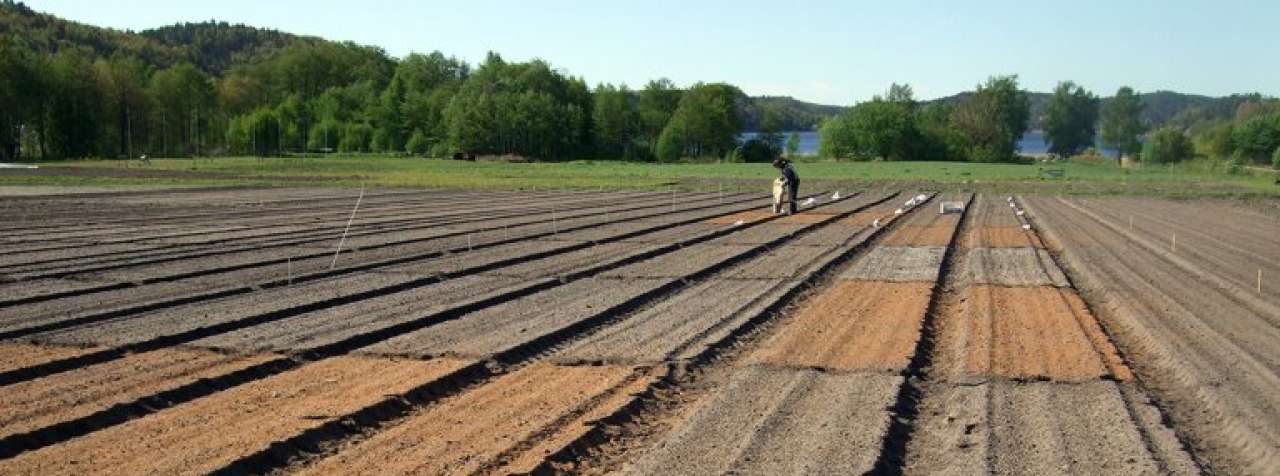Division of Food Production and Society
Pre- and postharvest quality optimisation of organic vegetables that can stimulate an increased consumption

End: dec 2010
Start: jan 2006
Objective and goals
Objectives
The main objective is to gain better knowledge on how certain pre- and post-harvest factors influence quality of organic vegetables in the market place as a basis for increased production and consumption of these vegetables in Norway.
Subgoals:
Develop recommendations for pre- and post-harvest handling of organic vegetables to obtain a consumer acceptable shelf quality through:
1) Investigate the impact of intrinsic quality and packaging of products on consumer acceptance of organic vegetables with particular focus on perception of health value and environmental factors.
2) Under a northern climate, investigate how animal manure fertilization and soil cover influence nutrient mineralization dynamics, plant growth and the resulting flavour and content of health affecting compounds in organic vegetables.
3) Measure storage capability for vegetables packed in different environmentally friendly packaging types when exposed to common distribution and retail temperatures.
4) Evaluate critical control points studied under Sub goal 2 and 3 with respect to vegetable quality and consumers- and wholesalers preferences of product characteristics.
| Start - end date | 01.01.2006 - 31.12.2010 |
| Project manager | Randi Seljåsen |
| Division | Division of Food Production and Society |
| Department | Horticulture |
| Funding source | Norwegian Research Council |
Norwegian consumers purchase less organic foods than consumers in most other European countries and important obstacles for consumption of organic vegetables are said to be quality, availability and price. The main objective of this project is to achieve better knowledge on how certain pre- and post harvest factors influence quality of organic vegetables in the market place. The project is expected to identify which factors that have the most important influence on sensory characteristics and health promoting compounds like vitamin-C and glucosinolates, and to find recommendations for pre- and post harvest handling of organic vegetables to obtain a consumer acceptable shelf quality.
The project will investigate the impact of product quality for consumer acceptance of organic vegetables. It will be investigated how animal manure fertilisation and soil cover influence nutrient mineralization dynamics under a cool northern climate and hence plant growth and the resulting flavour and content of health affecting compounds in organic vegetables. Storage capability of the product will be investigated in different kinds of packaging. Critical control points related to maintaining product quality in the production and distribution chain will be studied and recommendations given.
The project was initiated by the North Norwegian Agricultural Council in the intention to create a more sustainable agriculture and vital agricultural communities. The project was given priority after a wide process which included discussion groups with representatives from agricultural industry, governmental bodies and researchers. The project is collaboration between the Norwegian Crop and Environmental Research Institute, the Norwegian Food Research Institute, University of Newcastle and the companies SPOR, Helios and Polarplast.
The project is expected to identify certain bottlenecks in Norwegian organic vegetable production and distribution and hence build a platform for increased production and consumption of organic vegetables in Norway.
